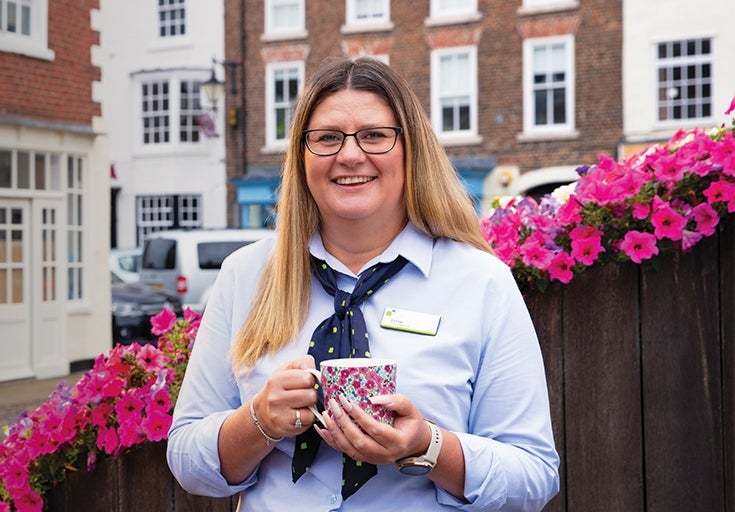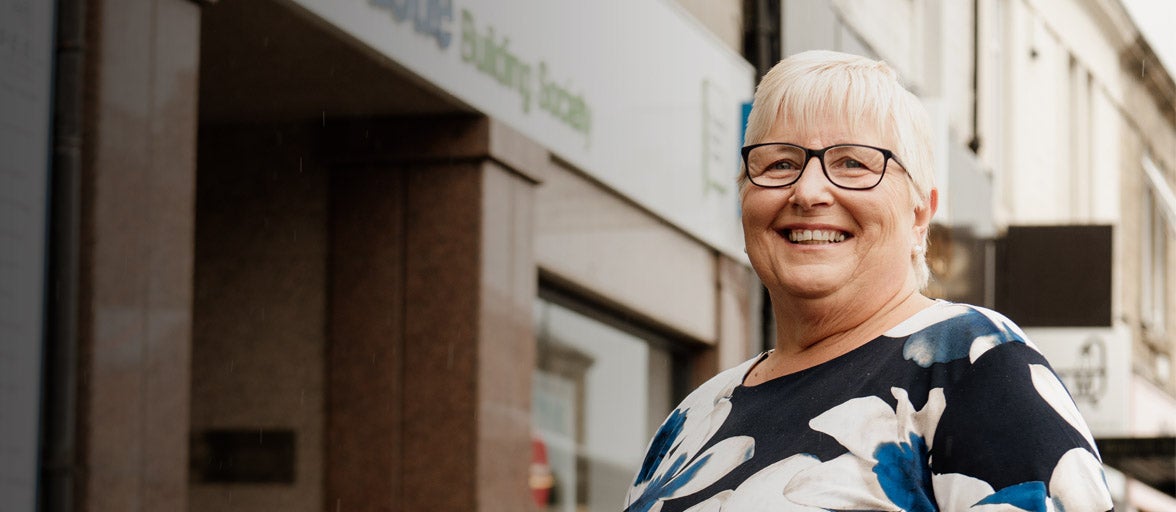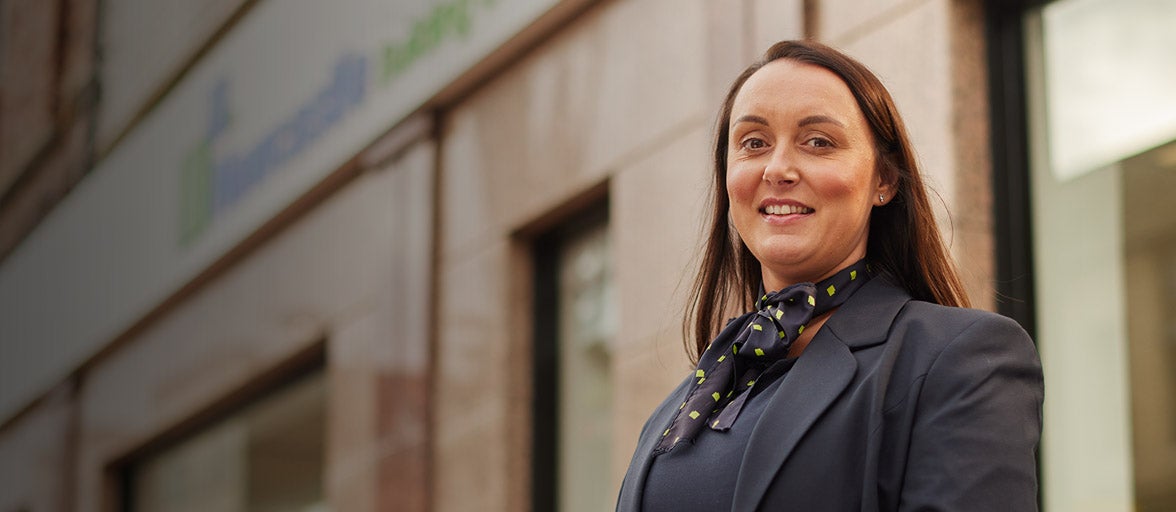Just like a savings account, a cash ISA (Individual Savings Account) is a safe, secure way to save money. The difference to other savings accounts, is that with an ISA you automatically earn tax-free interest on your savings, for as long as your savings remain within your ISA.
There’s a range of different cash ISAs to choose from, you can find our current ISA range here.
Choosing the cash ISA that’s right for you depends on your own individual needs and savings goals - but, at Newcastle Building Society, we’re always here to help you explore your options.
Yes, with a cash ISA you can rest assured your savings are exempt from income tax and capital gains tax for as long as they remain within an ISA.
If you want to learn more about saving tax efficiently, visit our guide Tax-efficient savings explained here.
You can save in multiple ISAs in a tax year as long as you remain within your ISA allowance of £20,000.
At Newcastle Building Society we offer the CustomISA service which allows you to spread your annual ISA allowance across different types of cash ISAs. Why not check out our CustomISA calculator which will help you compare and adjust the amounts you put into each ISA to help you find the perfect CustomISA for you.
The total amount you can save into a cash ISA for the 2024/2025 tax year is £20,000. This is known as the ISA allowance and is available to every person over 18 in the UK.
You have the choice of putting the whole of your allowance in one type of ISA, for example a cash ISA, or splitting it between different types.
The deadline to use your ISA allowance by is the end of the current tax year, which is midnight on 5th April each year.
Any unused allowance does not roll over into the new tax year on 6th April, so you should try to make the most of your allowance before the deadline comes around.
Following the introduction of the personal savings allowance (PSA) in 2016, many savers have been able to save tax-efficiently without an ISA due to low interest rates.
Now that interest rates are higher, it’s important to review your savings plans to make sure you’re making the most of your tax-free allowances and saving tax-efficiently.
- Money in an ISA will always be protected from tax, year after year, for as long as the money remains in an ISA.
- Your ISA allowance renews each new tax year – so you can build up a bigger tax-free pot over time.
- You will always be able to access your ISA funds, however, some ISAs may carry a penalty for this.
- The value of your ISAs can be transferred to your spouse or civil partner if you pass away, protecting your tax-free savings.
If you’re aged 18 or over and a UK resident, you can apply for a cash ISA.
To be eligible for a Lifetime ISA you need to be aged between 18 and 39.
To open a junior cash ISA the account holder needs to be under the age of 18.
There are a number of different cash ISAs available to help you achieve your savings goals. Whether you’re saving for your first home or setting up a nest egg for your golden years, there’s an option to suit you.
Fixed rate ISAs pay a guaranteed amount of interest for a set period of time, typically from one to five years. Though withdrawals are permitted, they are subject to penalties so a fixed rate ISA may be better suited to those who won’t need immediate access to their savings.
Variable rate ISAs pay interest that is variable, meaning the interest rate can change throughout the lifetime of the account. You can typically withdraw or pay money into a variable rate ISA whenever you want.
Junior ISAs are a tax-efficient way of saving for the next generation. As a parent or guardian, you can open a junior ISA for your child, as long as you’re over 16 yourself and live in the UK. A 16 or 17 year old may also open a junior ISA themselves. You can save up to £9,000.
Lifetime ISAs help you save towards your first home and/or retirement. You can save up to £4,000 each year and the government will pay a bonus of 25%, up to £1,000 each year.
For information in relation to the Lifetime ISA, see details here.
Stocks and Shares ISAs allow you to invest in a wide range of shares, funds, investment trusts and bonds. Although there is no fixed term, you should consider Stocks and Shares ISAs to be a medium to long term investment of ideally five years or more. If you want to know more about a Stocks and Shares ISA, we can introduce you to Newcastle Financial Advisers Ltd who will be able to help.
A Stocks and Shares ISA is a medium to long term investment, which aims to increase the value of the money you invest for growth or income or both. The value of your investments and any income from them can fall as well as rise. You may not get back the amount you invested.
To find your local Financial Adviser visit our branch finder here.
At Newcastle Building Society most of our cash ISAs are ‘flexible ISAs’. With a flexible ISA you can take money out when you need it and then replace it – as long as you do this within the same tax year, and within the annual ISA allowance.
However, if you make a withdrawal from a fixed rate ISA, this will typically be subject to a loss of interest penalty. If you think you will need access to your savings quickly, then you may be better considering an easy access savings account, such as the Newcastle Easy Saver ISA, which allows as many withdrawals as you like, penalty-free.
Yes, you can transfer your ISA from one provider to another at any time.
To transfer your ISA to another provider you will need to arrange for your ISA to be transferred over with your new provider.
Please note, if you withdraw funds from your ISA you will lose the tax-free benefits.
When you pass away, if you have a spouse or civil partner, they’ll inherit a one-off additional ISA allowance, equal to either the value of your ISA on the day you pass or when it’s closed – whichever value is higher. This allowance is known as the Additional Permitted Subscription (APS) and doesn’t affect your spouse/civil partner’s own ISA allowance.
The tax information provided is based on the current law and HM Revenue &
Customs practice both of which may change.

Need some help?
0345 734 4345
Our lines are open Monday to Friday from 8am - 6pm. We're closed on Saturdays, Sundays and bank holidays.
You might also be interested in:
ISA FAQs
Get a quick answer to all your ISA questions by viewing our frequently asked questions.
Savings FAQs
Get a quick answer to all your savings questions by viewing our frequently asked questions.
Cheque clearing system
Find the answers to our frequently asked questions about cheques.
Newcastle Building Society introduces to Newcastle Financial Advisers Limited for advice on Investments, Pensions, Life and Protection Insurance and Inheritance Tax Planning. Newcastle Financial Advisers Limited is an appointed representative of The Openwork Partnership which is a trading style of Openwork Limited which is authorised and regulated by the Financial Conduct Authority.
Approved by the Openwork Partnership on 17/07/2023.


